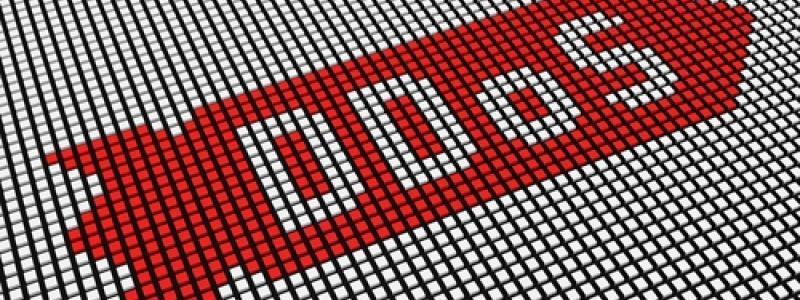FCC: Website Problems Due To DDoS Attacks, Not John Oliver

The Federal Communications Commission (FCC) believes that the problems its official website had experienced late in the weekend and until Monday were caused by Distributed Denial of Service (DDos) attacks, and not because of John Oliver, the comedian who urged the public on his HBO Show “Last Week Tonight” to go to the agency’s website, and then express their sentiments regarding the FCC’s move to roll back net neutrality rules.
As explained by the FCC, the DDoS attacks on the agency’s website were deliberate attempts by external actors to flood the comments platform of the FCC. For those not familiar with DDoS attacks, they basically try slow down or crash a website by overwhelming it with lots and lots of web traffic.
It was during Sunday night that Oliver took to his HBO show and incited people to head to the FCC’s website and drop their comments about the agency’s plan to change the net neutrality rules established more than a couple of years ago. Reports initially stated that the cause of the problems experienced by the FCC’s website happened because of Oliver.
It is good to note that the FCC’s website has encountered problems before, especially after the HBO comedian shared his opinion regarding the topic of net neutrality. As a matter of fact, it was three years ago when Oliver urged trolls of the world wide web to express their online support for net neutrality rules that were established during President Barack Obama’s term. Right after that rant, the FCC’s website was swamped with useless traffic.
Net neutrality has once again grabbed headlines recently, especially after Ajit Pai, the new chairman of the FCC appointed by President Donald Trump back in January early this year, made the announcement about a week ago that the agency was changing its stand on net neutrality rules.
Back in 2015 when the FCC ruled on net neutrality rules, the agency was then headed by Tom Wheeler, who advocated for a web conduct standard of sorts that would try to regulate service providers in the information superhighway, especially in the matter of policing unfair business practices. The 2015 ruling essentially classified broadband as a Title II service, thereby preventing providers from setting up fast Internet lanes for sponsored sites or offers, by slowing web traffic to competing content. With Pai now heading the FCC, he is calling to recategorize broadband as a Title I information service, which means that broadband will not be bound by the rules set for Title II services.
Related Blog Articles
- DHS To Soon Ban Tablets, PCs, Cameras, Gaming Devices In Flights From Europe
- Google Search Now Lets Users Check For Local Events
- Transform Your Selfies Into Emoji Via Google Allo
- Audi, Volvo To Incorporate Android Infotainment System In Their Upcoming Cars
- Verizon’s Strategy In Acquiring Straight Path
- Should Android Users Be Worried About WannaCry?
- AMP Now Covers More Than 2 Billion Mobile Pages Over 900,000 Domains
- Updates On DHS Ban On Laptops From European Flights
- The Today At Apple Concept: How Apple Is Looking Ahead
- Instagram Introduces Story Search
Related Blog Posts
- Report: AT&T facilities are used for NSA surveillance program
- Tips for achieving a smartphone detox this summer (or at least for a few days)
- Instagram hits 1 billion users; launches new IGTV video uploading service
- Facebook introduces game shows platform, with live interactive vids
- California Democrats combine two separate net neutrality bills


 Menu
Menu